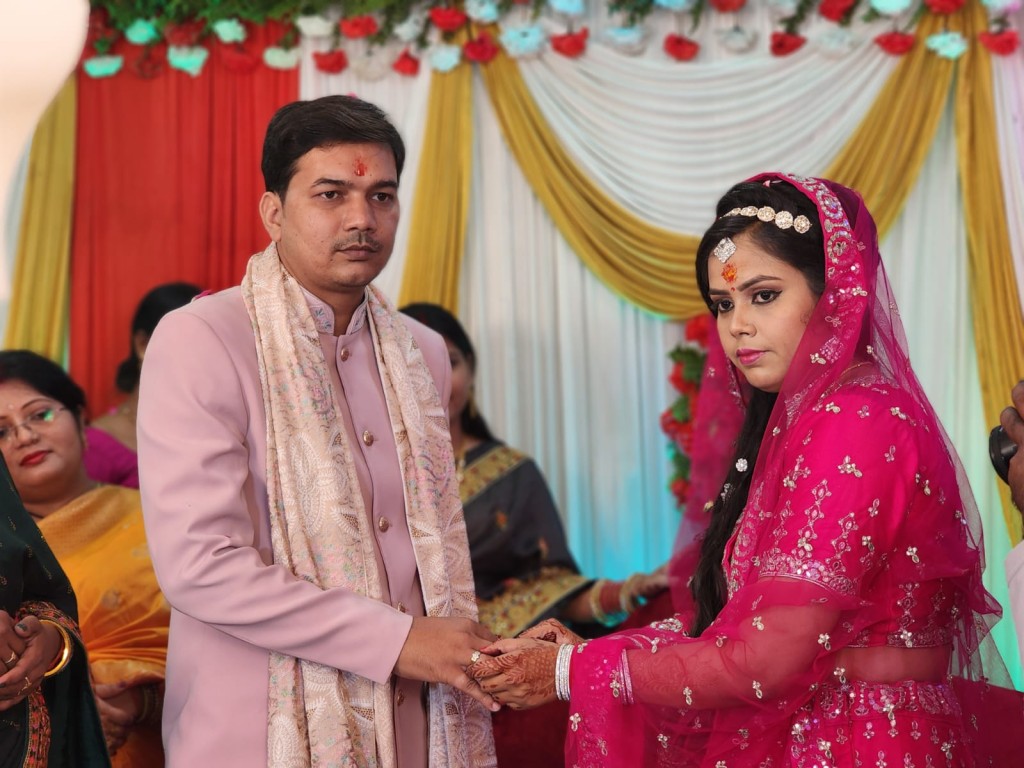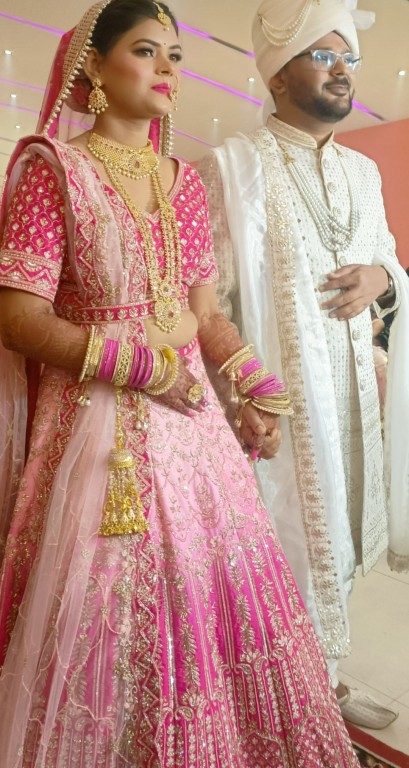Blog Details
Adarsh Bahu: A Myth or a Reality? Exploring Expectations in Indian Culture
Monday 11th November, 2024
Ah, the elusive "Adarsh Bahu"—a phrase that rings with expectation and tradition in Indian families. But what exactly does it mean? An "Adarsh Bahu" is the ideal daughter-in-law, balancing family expectations with grace. Is this concept just a myth, or can it be real? Let's explore cultural norms and family dynamics to find out.
Understanding the Concept of Adarsh Bahu
The term Adarsh Bahu means "ideal daughter-in-law," deeply rooted in Indian culture. It pictures a woman balancing home duties with grace and patience. But what does being an Adarsh Bahu really mean? Let's look into its history and traditional expectations.
Historical Origins and Cultural Significance
The Adarsh Bahu idea comes from ancient Indian society, where family harmony was key. A Bahu was seen as the glue holding the family together. She was responsible for household chores and the family's emotional and social well-being.
Stories and myths show the Adarsh Bahu as a selfless figure. She was highly valued for keeping the family's honor and prestige. This ideal has shaped how brides are seen and the expectations placed on them.
Traditional Roles and Responsibilities
Traditionally, an Adarsh Bahu had many roles. These included:
Caregiver: Providing care and support to elderly family members, ensuring their comfort and well-being.
Homemaker: Taking charge of household duties, from cooking and cleaning to organizing family events.
Mediator: Maintaining peace and harmony among family members, often acting as a mediator in familial disputes.
Custodian of Tradition: Upholding cultural and familial traditions, instilling values in future generations.
While these roles are foundational, the expectations for perfection can be overwhelming. This leads to the myth versus reality debate.
The Myth vs. Reality Debate
The ideal of the Adarsh Bahu often represents outdated and unrealistic ideals that can impact modern Indian women.
Unrealistic Ideals and Their Impact
For many women, the pressure to meet these high standards is daunting. In today's world, where women balance careers and personal goals, the Adarsh Bahu ideal seems unattainable. This pressure comes from media, society, and family expectations.
This pressure can cause stress and anxiety, affecting mental health and relationships. Women may feel forced to put family first, potentially stifling their personal growth and happiness.
Real-Life Success Stories
Despite the challenges, many women have successfully navigated these expectations. They have found ways to balance traditional duties with their professional and personal goals. These women have redefined what it means to be an Adarsh Bahu in today's world.
Through open communication and mutual respect, these modern Bahus have challenged and reshaped cultural expectations. Their stories show that family and personal ambitions can coexist, enriching both.
The Psychological Burden on Women
The pressure on women to be the "perfect" daughter-in-law is huge. It makes them feel not good enough and like they've failed. This feeling comes from wanting their own things but being stuck in old roles.
- Stress and Anxiety: They feel trapped by family expectations.
- Reduced Self-Esteem: They take blame when they can't meet high standards.
- Limited Personal Freedom: They can't choose their own careers or lives.
This shows we need to change how we see family and women's roles. By easing these burdens, India can help every Bahu grow and be herself, not just an ideal.
Contemporary Shifts in Expectations
The idea of the "Adarsh Bahu" is changing fast. Modern values, changing families, and education are making old expectations outdated. Let's explore these changes.
Influence of Modern Values
Modern values are changing how we see a daughter-in-law in Indian homes.
- Individuality and Freedom: Now, being yourself and having freedom are valued. Women are encouraged to be more than just family members.
- Shared Responsibilities: More couples share household work and childcare. This is a big change.
- Mutual Respect: Respect and equality in relationships are becoming key. The Adarsh Bahu is now a respected partner, not just a follower.
These changes mean the modern Adarsh Bahu is valued for who she is. She's seen as an equal in family life.
Changing Family Dynamics
Family structures are changing, affecting what's expected of a daughter-in-law.
- Nuclear Families: With more nuclear families, the pressure is less. Daughters-in-law have a closer bond with their spouses.
- Inter-generational Understanding: Knowing and talking about generational differences helps. It makes setting realistic expectations easier.
The Role of Education and Career
Education and careers are giving women new roles in families.
- Financial Independence: Women with education and jobs can support themselves. They make choices for their families.
- Career Aspirations: Families now support their daughters-in-law's careers. They see the value they bring to home and society.
Today's "Adarsh Bahu" is not just a stereotype. She's a diverse individual, making a difference in many ways. She's changing what it means to be an ideal daughter-in-law in India.
Conclusion
The idea of the "Adarsh Bahu" or ideal daughter-in-law is a big part of Indian culture. It's seen as a myth or a real goal. Traditions and expectations can make people feel they belong and keep things the same.
But, they can also be too much for some. It's like trying to fit into a mold that's too tight.
- Being kind and understanding in families can make expectations fairer.
- Mixing old traditions with new ways can help the 'Adarsh Bahu' grow and change.
In the end, the key is to value being different and respect each other. This way, families can be happy and peaceful together.
Feel free to explore Siyaswayamver and find your perfect match!
Register Free at Siyaswayamver







